Back to Courses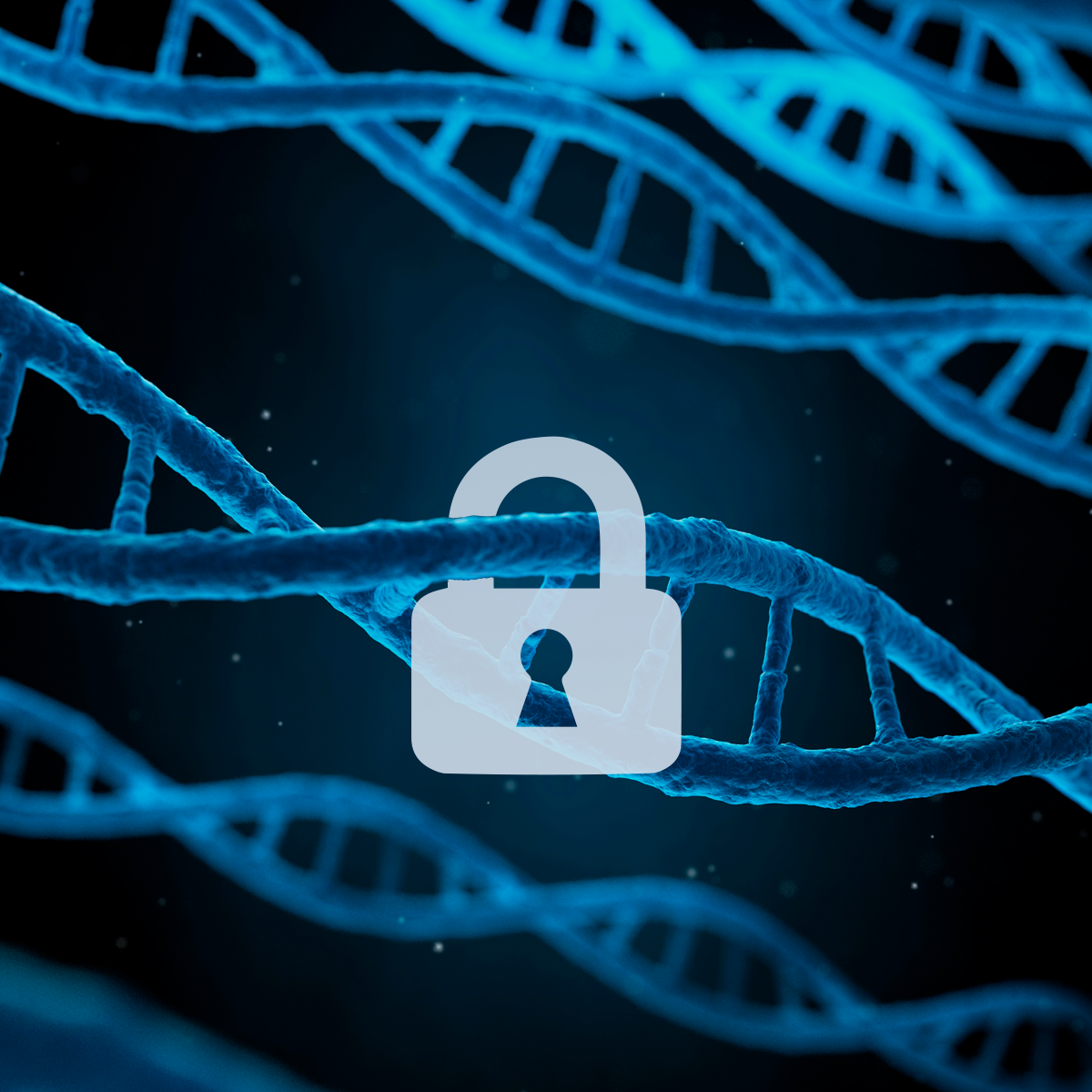

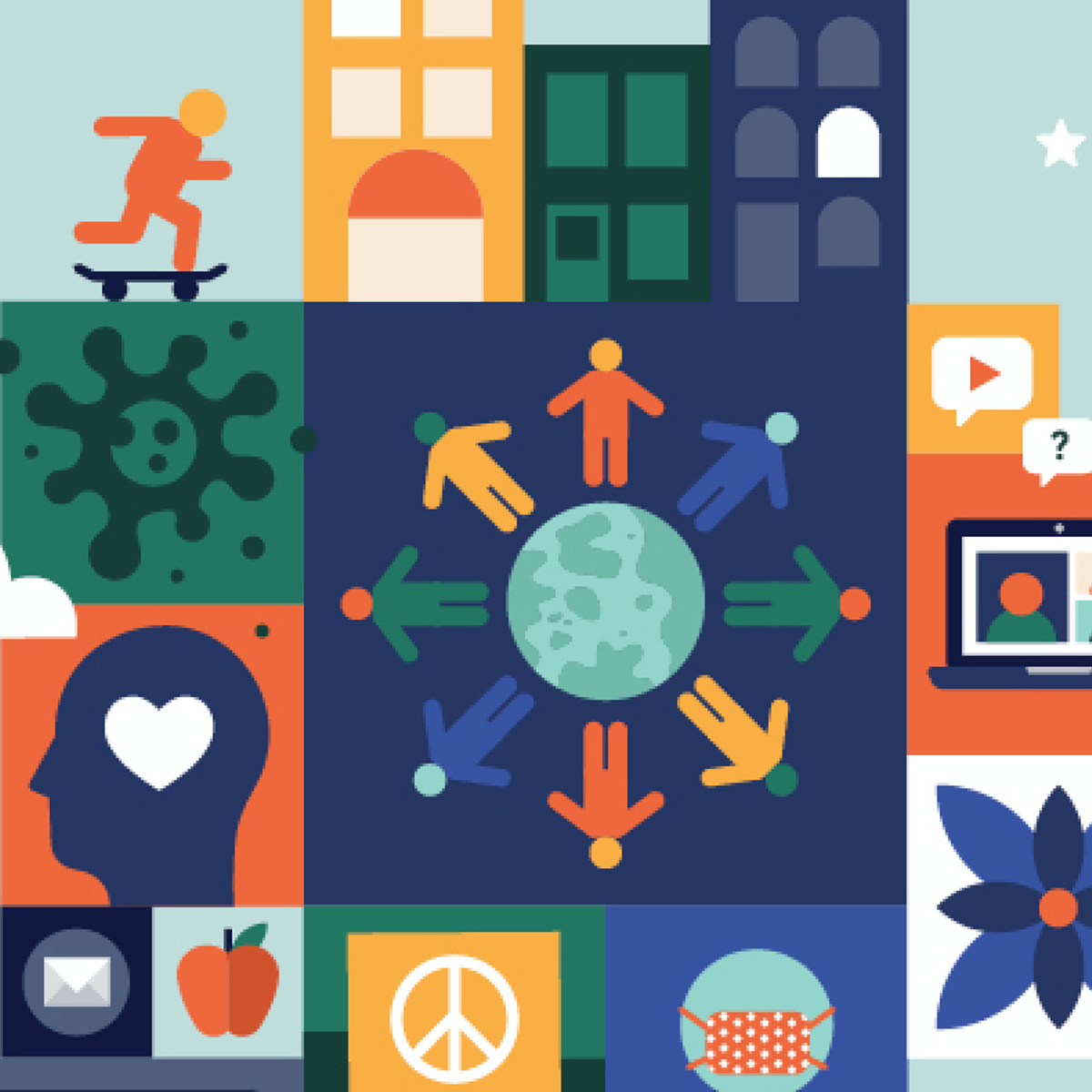
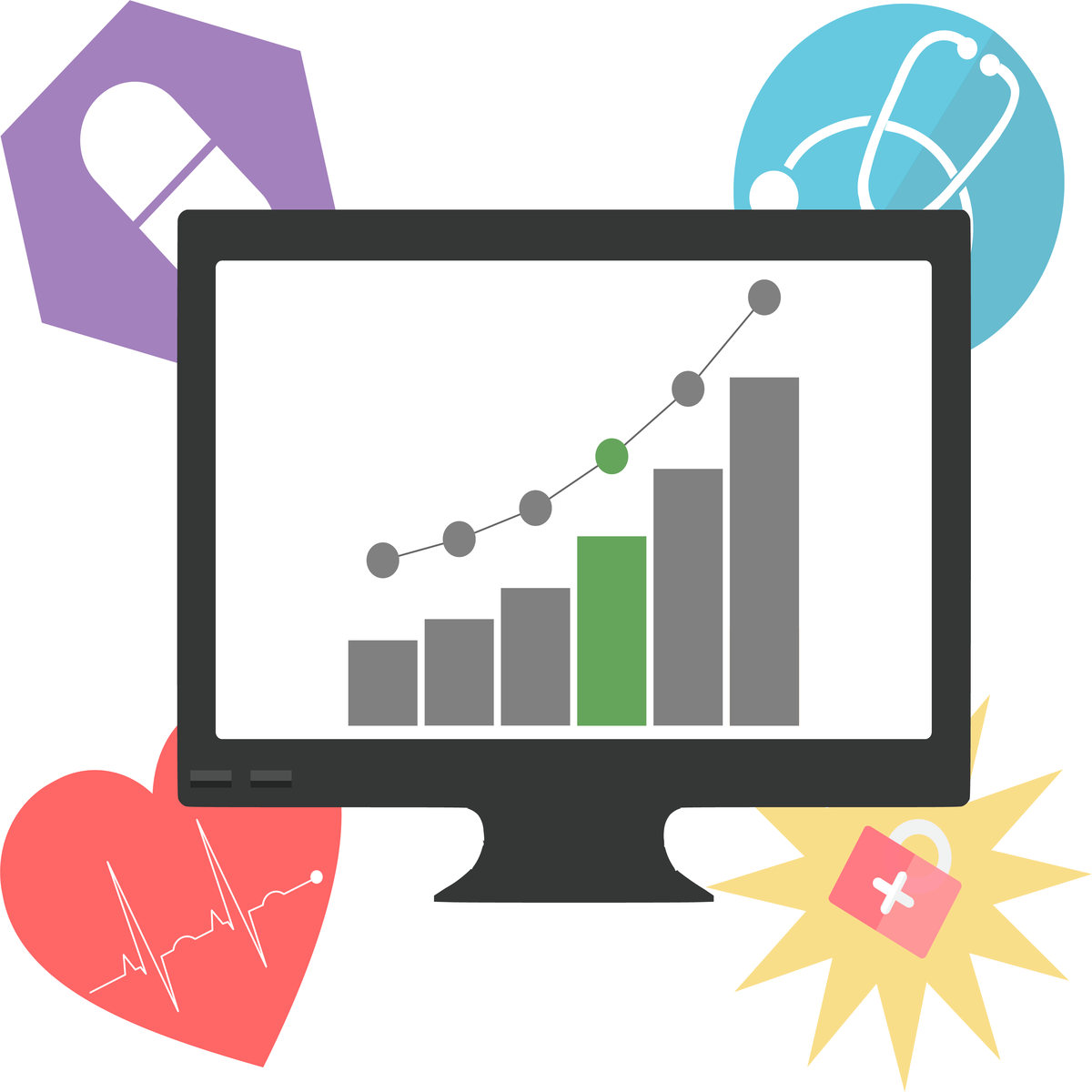
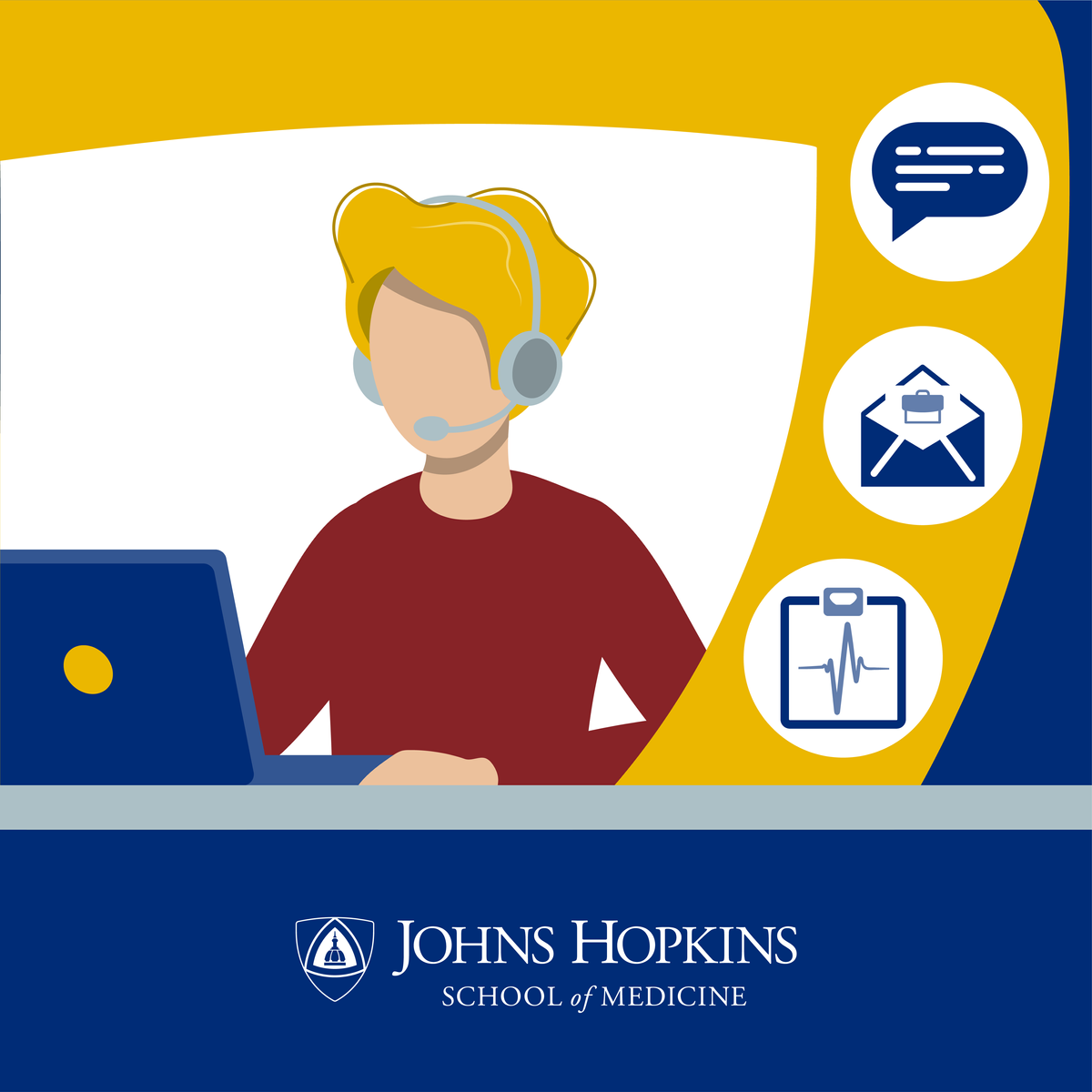
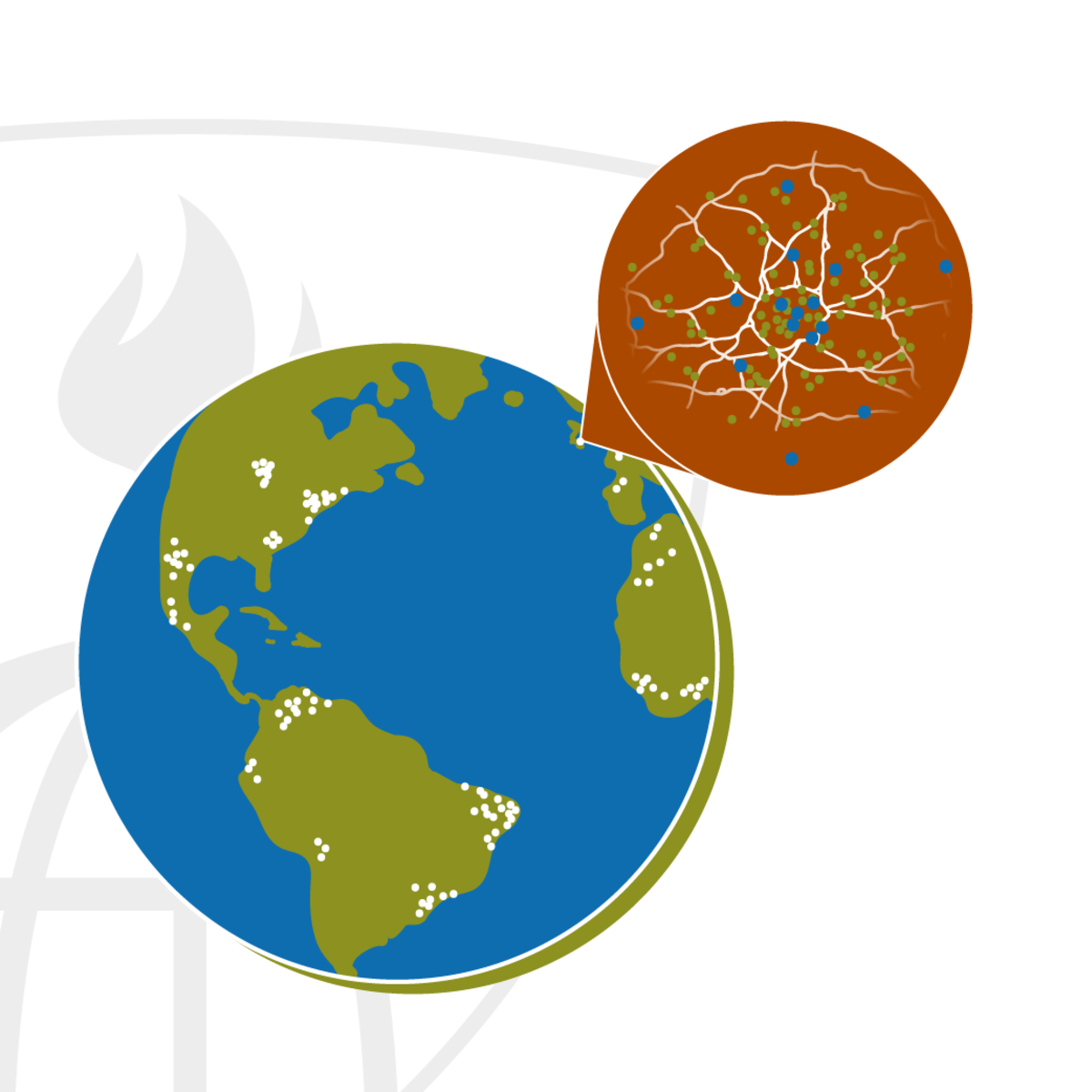
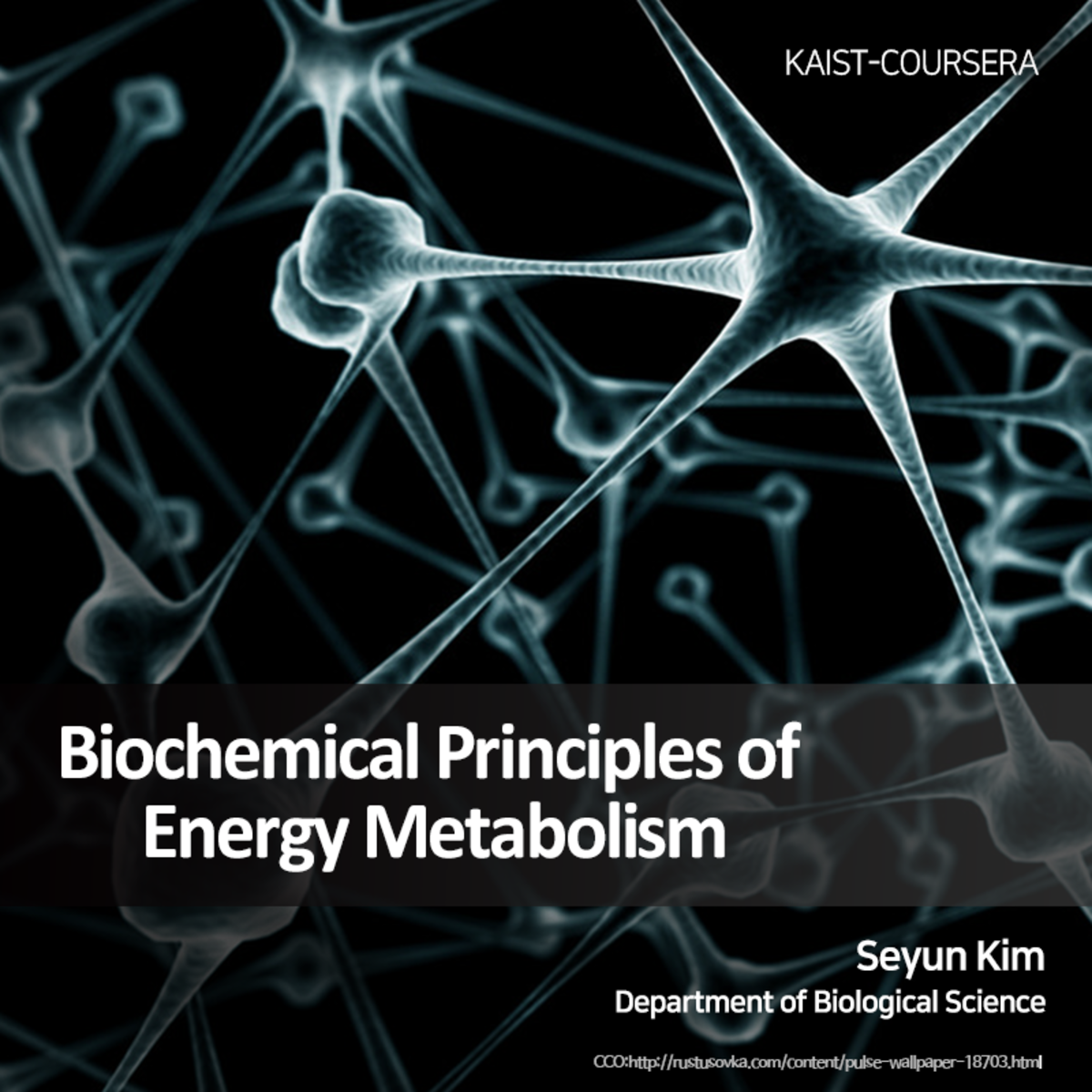
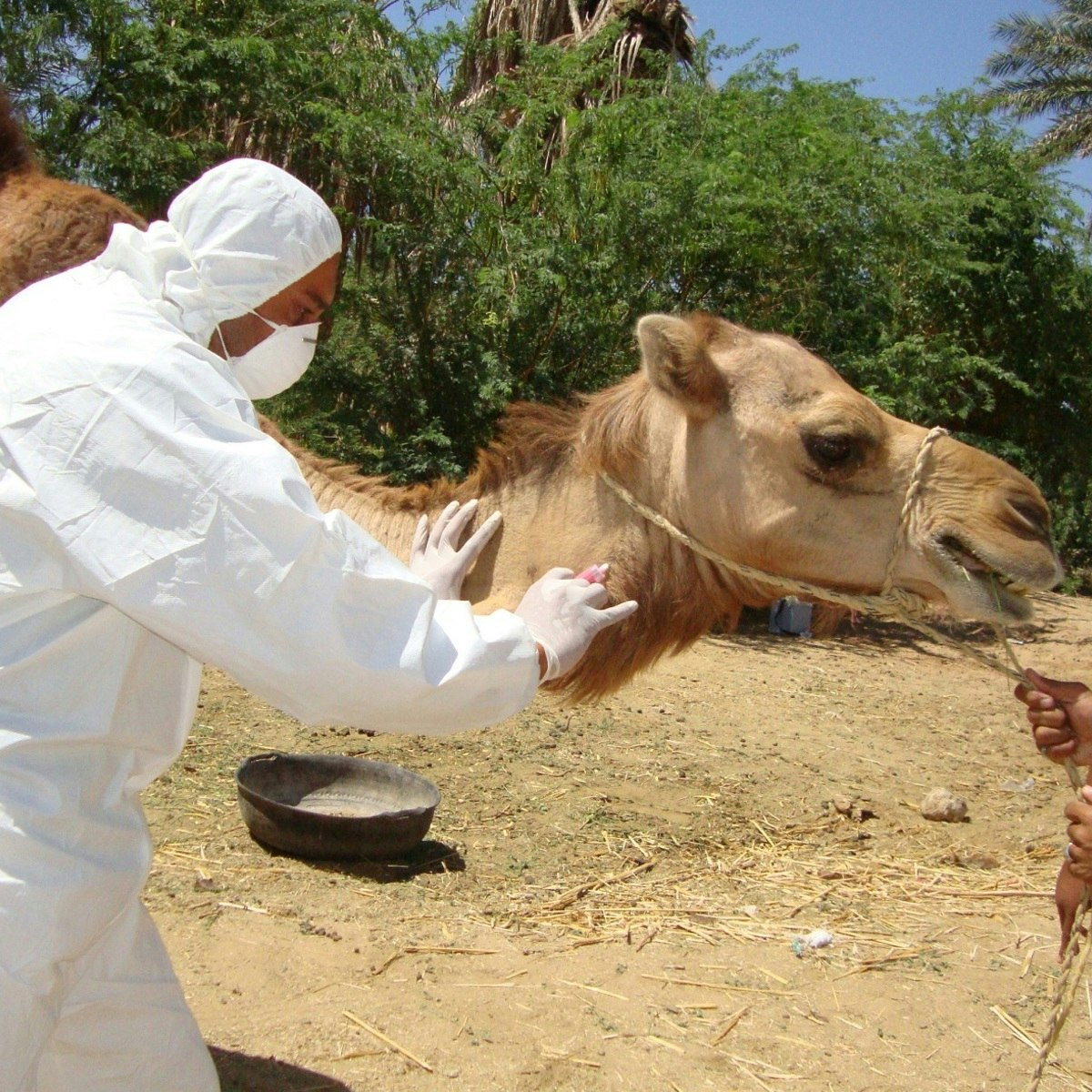
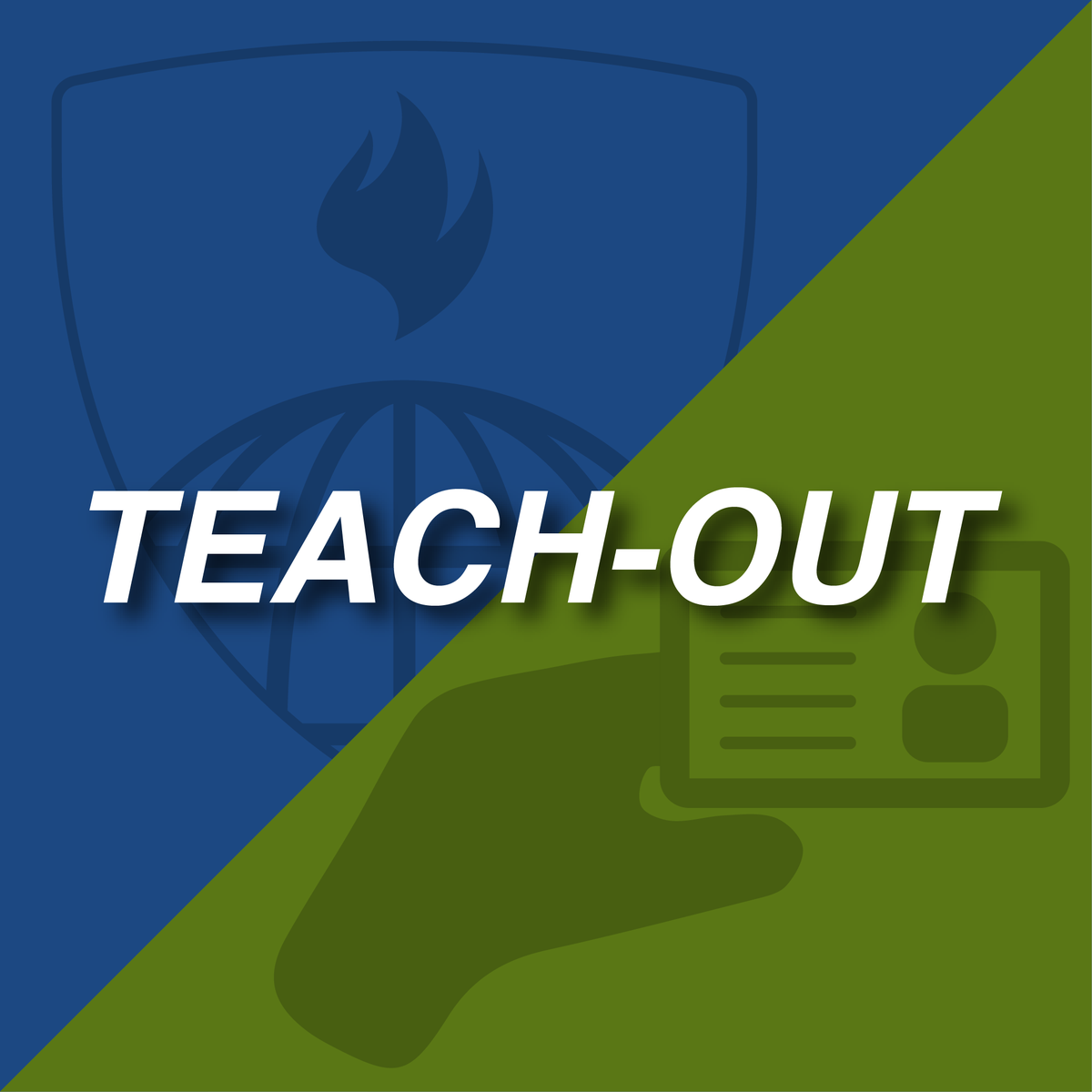

Life Sciences Courses - Page 24
Showing results 231-240 of 644

Mind of the Universe - Genetic Privacy: should we be concerned?
Should all our genetic information be made public in order to eradicate genetic diseases from this world?
Who owns your genetic data once it becomes publicly accessible? What is your responsibility to family members when you know more about genetic diseases than they do? Who decides what kind of genetic information is relevant to a person? And what does genetic privacy mean to you?
In this challenge with Robert Zwijnenberg (Professor in Art and Science Interactions) you will critically reflect upon the issue of genetic privacy. You will dive into the ethical questions that come up with the disclosure of genetic data in biobanks and through genetic tests. This course encourages you to think about the cultural, philosophical and political tensions present in the debate around genetic privacy. You are invited to identify and listen to the viewpoints and values provided by the different stakeholders that shape this debate: corporations, researchers, consumers and patients. Furthermore, you will go off the beaten track by exploring the issue from the unique perspective of art and culture. After a lot of thinking, supplementing, deleting and adjusting, you will be asked to share a recommendation on how to regulate practices of disclosing genetic information, while taking into consideration the concept of genetic privacy. Your advice could serve as an eye-opener for policy makers!
This online learning experience is a spin-off of The Mind of the Universe documentary series created by the Dutch broadcasting company VPRO and professor Robbert Dijkgraaf, Princeton University. A number of universities in the Netherlands have used the open source material of the documentary series as a starting point to create similar experiences.

Circadian clocks: how rhythms structure life
This course is geared towards starting undergraduate students. A solid background in biology will be helpful but not absolutely essential. The material will be of interest to those who are pursuing a career in any of the life sciences as well as anyone who has run up against their biological clock.

Health, Society, and Wellness in COVID-19 Times
You may be encountering a world unlike any other generation. The public health crisis of the COVID-19 pandemic has created a context of pervasive uncertainty, heightened anxiety, and social isolation that overlaps with a critical time of your own learning and development. The COVID-19 pandemic also has exacerbated long-standing inequalities and disparities, and recent events in the United States have laid bare historical and current realities of racism and systemic oppression. These challenges make starting college complicated in unprecedented ways, compounded by the fact that our university settings are themselves complex and rapidly changing. These challenges also present unique opportunities for interdisciplinary and practical learning.
This course aims to help you navigate this world and the new conditions for learning with knowledge and skill. We designed the course with participatory methods, which means that we asked students to take a key role as partners with faculty in designing the course content, structure, and learning experiences. Together, we sought to integrate faculty expertise with the perspectives and experiences of students to make the course material relevant to your life.
In this class, we will explore perspectives on disease and society and on systemic racism and inequality with scholars in the natural sciences, social sciences, arts and humanities, education, communications and media, and engineering. Engaging these disciplines to examine the complex problems of the global pandemic and systemic racism will help you build conceptual and practical skills that you will use throughout college and beyond.
In conjunction with investigating health and social crises, new and ongoing, we also will explore the science and practice of individual and community wellness. You will learn skills relevant to emotions, relationships, common mental health concerns, and learning in the age of Zoom and remote classes. You will learn practices of cooperation, compassion, and anti-racism for community wellness.
Welcome to Health, Society, and Wellness in COVID-19 Times!

Clinical Natural Language Processing
This course teaches you the fundamentals of clinical natural language processing (NLP). In this course you will learn the basic linguistic principals underlying NLP, as well as how to write regular expressions and handle text data in R. You will also learn practical techniques for text processing to be able to extract information from clinical notes. Finally, you will have a chance to put your skills to the test with a real-world practical application where you develop text processing algorithms to identify diabetic complications from clinical notes. You will complete this work using a free, online computational environment for data science hosted by our Industry Partner Google Cloud.

The Critical Role of IT Support Staff in Healthcare
This is a very exciting time to be exploring a career in Health IT Support! In this introductory course, you’ll learn about various roles in IT support that are common in healthcare. IT support staff play critical roles in many different healthcare venues. In addition to helping clinics, hospitals, and emergency rooms, you may end up providing support in a skilled nursing facility, ambulatory surgical center, virtual care setting, or even a patient’s home! On any given day, you may interact with nurses, physicians, pharmacists, physical therapists, social workers, other allied health professionals, patients or caregivers. Each of these individuals rely on IT support specialists to help them maintain a high reliability healthcare organization. As you learn about what makes Health IT unique, we hope you find inspiration in the stories shared by some of our very own IT support staff at Johns Hopkins. They’ll talk to you about the most common problems they help resolve as well as the complexity and range of issues that arise. Whether you dream of being an end-user computer support specialist, working at a healthcare help desk, or rising to an analyst role, we’re thrilled that you are embarking upon this journey. Welcome again!

Essential Epidemiologic Tools for Public Health Practice
In order to make a difference in the health and well-being of a population, we must understand the burden of all problems and conditions that affect the population, as well as how well our efforts to mitigate these problems are actually working. This course provides you with some essential skills and tools that will enhance your ability to describe and understand the health of your community. The tools that epidemiologists use are in fact useful for all public health practitioners, including data scientists, program officials, agency leaders, and policymakers. Whether you are deeply enmeshed in your career and looking to augment your skills, or are looking to change career paths into the field of public health, this course will give you some of the practical knowledge and skills that we hope you can apply in your professional endeavors.

Biochemical Principles of Energy Metabolism
Everyone knows that energy is essential for sustaining life. How can you define energy in life? Have ever thought about ways of how carbohydrates like glucose from your diet can be used for extracting energy? A scientific field that focuses on energy production and flow though living cells and organisms is called bioenergetics. Energy metabolism covers various biochemical ways of energy transformation and regulatory mechanisms of over thousands chemical reactions. Without fine control of those metabolic processes, cells and organisms cannot maintain activities linked to life.
This 7 week-course will give you a clear introduction to the basic fundamentals of energy metabolism. We will first establish the concept of energy metabolism and subsequently examine biochemical steps involved in energy production from glucose oxdiation as well as glucose synthesis via photosynthesis. We will also learn about metabolic reactions related to fat as well as regulatory actions among different organs. Finally, dysregulated energy metabolism in pathological conditions such as diabetes and cancer will be discussed.
Everyone knows that energy is essential for sustaining life. How can you define energy in life? Have ever thought about ways of how carbohydrates like glucose from your diet can be used for extracting energy? A scientific field that focuses on energy production and flow though living cells and organisms is called bioenergetics. Energy metabolism covers various biochemical ways of energy transformation and regulation of thousands of chemical reactions. Without fine regulation of those metabolic processes, cells and organisms cannot maintain activities linked to life.
This 7 week-course will give you a clear introduction to the basic fundamentals of energy metabolism. We will first establish the concept of energy metabolism and subsequently examine biochemical processes involved in energy production as well as photosynthesis. We will also learn about metabolic reactions related to fa as well as regulatory actions among different organs. Finally, dysregulated energy metabolism in pathological conditions such as diabetes and cancer will be discussed.

Global Health at the Human-Animal-Ecosystem Interface
The University of Geneva, Institute Pasteur, University of Montreal and Centre Virchow-Villermé/University Paris Descartes welcome you to this MOOC on "Global Health at the Human-Animal-Ecosystem Interface"!
Over the next 8 weeks, you will explore and learn about some of the major and current Global Health Challenges at the Human-Animal-Ecosystem Interface: zoonotic emerging infections (e.g. Ebola, Nipah, MERS, Avian Influenza), antimicrobial resistance, neglected tropical diseases (e.g. rabies, leishmaniasis, zoonotic TB), snakebite and other human-animal conflicts etc. You will learn new concepts from the field of epidemiology, social anthropology, disease ecology, veterinary sciences, global health policy etc. and approaches such as One Health, Eco-Health and Planetary Health. Also, you will learn about innovative tools and frameworks used to study and tackle some of these Global Health challenges of the Sustainable Development Goals era.
This MOOC proposes you a dynamic, international and interdisciplinary programme based on the One Health approach (human-animal-environmental dimensions) and involving more than 30 top experts from more than 20 academic and research institutions and international organisations based in Geneva, Paris, Montreal and the world. Policy makers from the World Health Organisation, clinicians from the University Hospitals of Geneva, epidemiologists from Institut Pasteur etc. will share with you their knowledge and experiences all along this MOOC. Video-lectures have been filmed in different parts of the world and settings (from the field to the lab and office) and will be combined with the latest open readings and interactive activities in the discussion forum, video-conferences etc.
This MOOC keeps evolving and enriching actively over time and two new sections on "Health Benefits at the Human-Animal-Ecosystem Interface" and "Management of Ecosystems under Global Changes: Implication for Human Health" have been added in May 2018. This latter section was developed in close collaboration with experts from World Health Organisation and the Convention on Biological Diversity and is introduced by Dr. Tedros Adhanom Ghebreyesus, WHO Director-General.
The development of this MOOC was led by Dr. Rafael Ruiz de Castañeda, Dr. Isabelle Bolon and Prof. Antoine Flahault from the Institute of Global Health of the University of Geneva. The list of instructors is completed by Prof. Arnaud Fontanet (Institut Pasteur) and Prof. André Ravel (Faculty of Veterinary Medicine, University of Montreal).
Watch our teaser here and let’s get started!
https://youtu.be/WT7-cC21uLU?list=PLnZ (with subtitles in French and in Chinese)
Firearm Purchaser Licensing Teach-Out: The Background Check Policy Not Enough People Are Talking About
The best available evidence shows that comprehensive background checks by themselves are insufficient at reducing gun violence, but strong bodies of research demonstrate that states with comprehensive background checks coupled with firearm purchaser licensing, or permit-to-purchase laws, have significantly fewer firearm-involved homicides, fatal mass shootings, and suicides. Additionally, public opinion polling research consistently finds that 75% or more of U.S. adults support firearm purchaser licensing laws and 60% or more of gun owners support these policies.
This Teach-Out event includes a general overview of firearm licensing policies and evidence of their effectiveness, as well as materials on the social context of licensing, including public opinion polling and differences across geographic areas and groups.
Over the next four weeks, you are invited to join us as we explore this topic together through brief lessons, weekly discussions, and call-to-action activities for you to undertake in your own community.
We would also like to acknowledge our funders, the Johns Hopkins Center for Teaching and Learning and the David and Lucile Packard Foundation. Without their generous contributions, this Teach-Out would not be possible and we are so very grateful for their support.

Managing Your Health: The Role of Physical Therapy and Exercise
Managing Your Health: The Role of Physical Therapy and Exercise will introduce learners to the concepts and benefits of physical therapy and exercise. Over six weeks learners will explore:
Why physical activity and exercise are important,
Exercise and Cardiovascular Disease,
Exercise and Osteoporosis,
Exercise and Cancer,
Common Sports Injuries,
Exercise and Arthritis
Popular Internships and Jobs by Categories
Find Jobs & Internships
Browse
© 2024 BoostGrad | All rights reserved